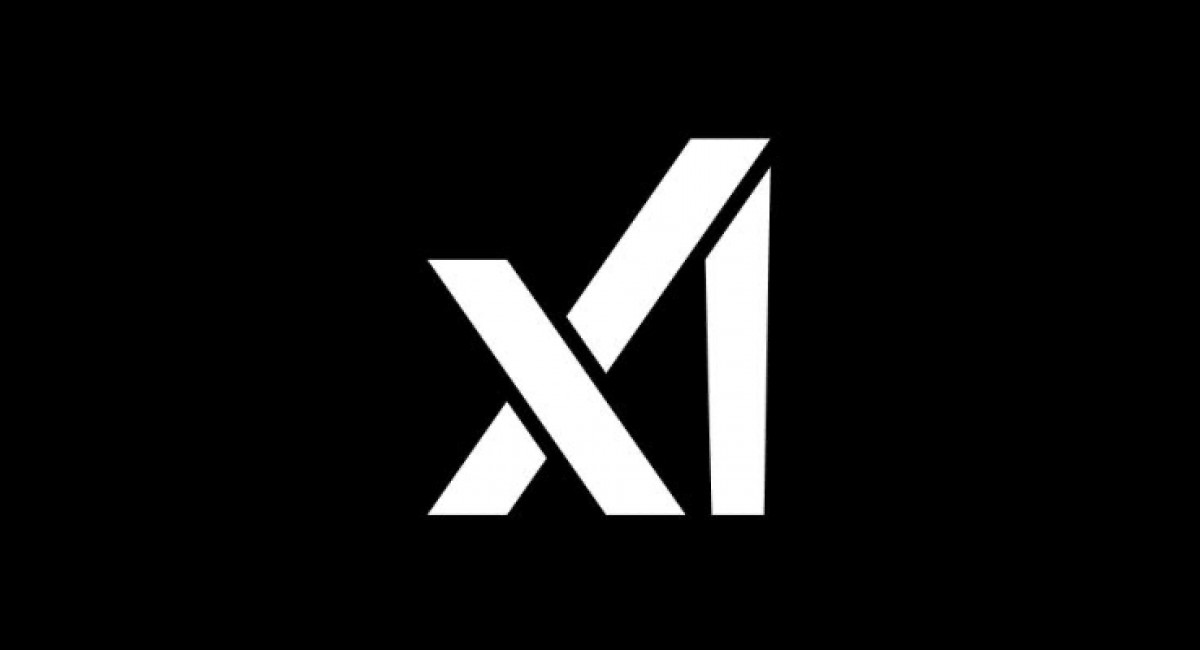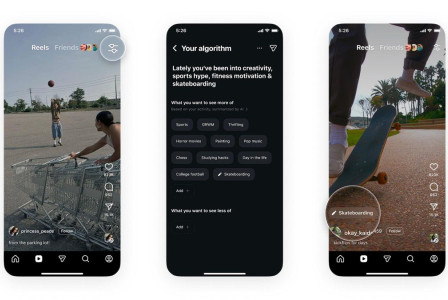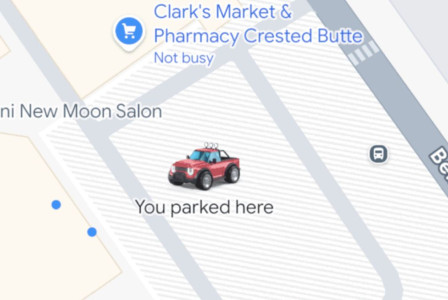SEARCH
xAI unveils Grok, its ChatGPT version with a sense of humor

SHARE IT
xAI, Elon Musk's AI company, is developing its own version of ChatGPT. That appears to be the case, based on Musk's late-night tweets on X touting the AI system xAI had been discreetly creating. Grok, a term recently trademarked by xAI, answers queries in a conversational manner, potentially drawing on a knowledge base similar to that used to train ChatGPT and other equivalent text-generating systems (e.g., Meta's Llama 2).
According to Musk, Grok uses "real-time access" to information on X. Furthermore, the system, like ChatGPT, has internet surfing capabilities, allowing it to search the web for up-to-date information on specified themes.
Musk hinted that Grok will refuse to answer more delicate questions, such as "Tell me how to make cocaine, step by step." According to a snapshot, the system responds to that query a little more wryly than ChatGPT; it's unclear whether this is a preset response or whether the system is, in fact, "designed to have a little more humor in its responses," as Musk claims in a tweet.
Musk said early Friday that xAI will deploy its first AI system, presumably Grok, to a "select group" on Saturday, November 4. However, in a subsequent tweet tonight, Musk stated that all users to X's recently introduced Premium Plus plan, which costs €16 per month for ad-free access to X, will have access to Grok“once it’s out of early beta.”
Separately, xAI is providing Grok access to a "limited number" of users in the United States. So yet, nothing is known about Grok — or xAI's larger research programs.
Oracle co-founder Larry Ellison, a self-described close friend of Musk, said in September that xAI had secured a deal to train its AI models on Oracle's cloud. But xAI hasn't released anything about the inner workings of those AI models, or what kinds of jobs they can perform. Or, at least, it hadn't until early Sunday, when xAI released a blog post describing Grok, including the methods used to train it and the system's underlying architecture.
According to the article, Grok-1, the huge language model that drives Grok, was created over several months on a cluster of "tens of thousands" of GPUs (perhaps supplied by Oracle). Training data comes from the web (up to Q3 2023) as well as comments from human assistants referred to by xAI as "AI tutors."
According to xAI, Grok-1 achieves "strong results" on typical LLM benchmark tests, "surpassing all other models in its compute class." And, as Musk hinted, it has "a bit of wit" and "a rebellious streak," answering "spicy questions that most other AI systems reject" (though the jury is still out on what "spicy" means).“In some important respects, it (xAI’s new model) is the best that currently exists,” Musk was quoted as saying in a tweet Friday afternoon.
Musk announced the creation of xAI in July, with the lofty goal of developing AI capable of "understanding the true nature of the universe." The company, led by Musk and veterans of DeepMind, OpenAI, Google Research, Microsoft Research, Tesla, and the University of Toronto, is advised by Dan Hendrycks, the director of the Center for AI Safety, a non-profit AI research organization, and collaborates with X and other companies in Musk's absence, including Tesla.
In the blog post, xAI hints at how its Grok-1 model might evolve down the line:
“Grok doesn’t have other senses, such as vision and audio,” the company writes. “To better assist users, we will equip Grok with these different senses that can enable broader applications, including real-time interactions and assistance.”
Musk's AI goals have evolved since his split with ChatGPT creator OpenAI co-founders Sam Altman and Ilya Sutskever a few years ago. Musk became disillusioned — and competitive — with the corporation on whose board he served as its focus switched from open source research to primarily commercial ventures. Musk resigned from the OpenAI board in 2018, and most recently denied the business access to X data, claiming that OpenAI was not paying enough for the privilege.
MORE NEWS FOR YOU

 Help & Support
Help & Support 

